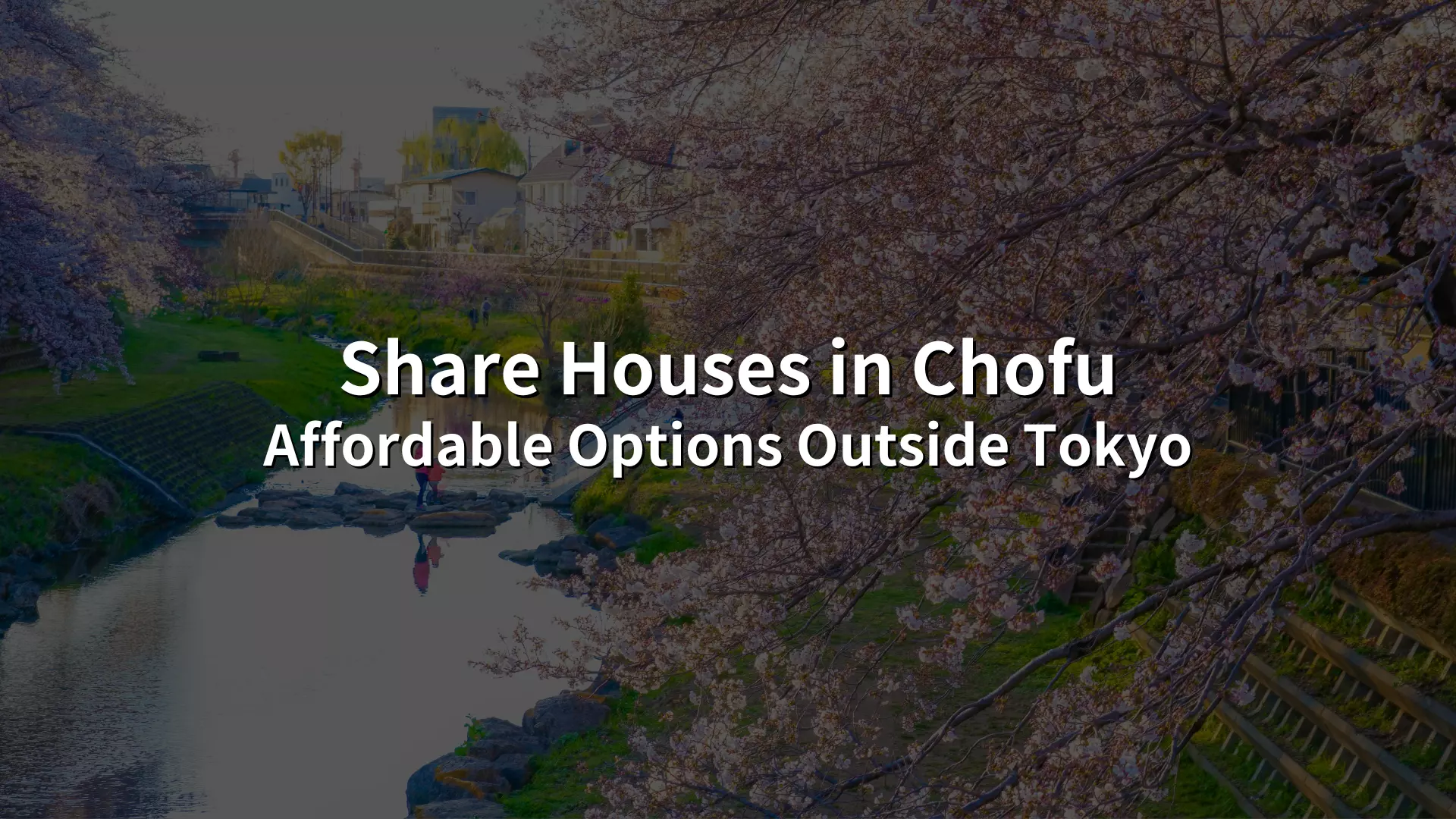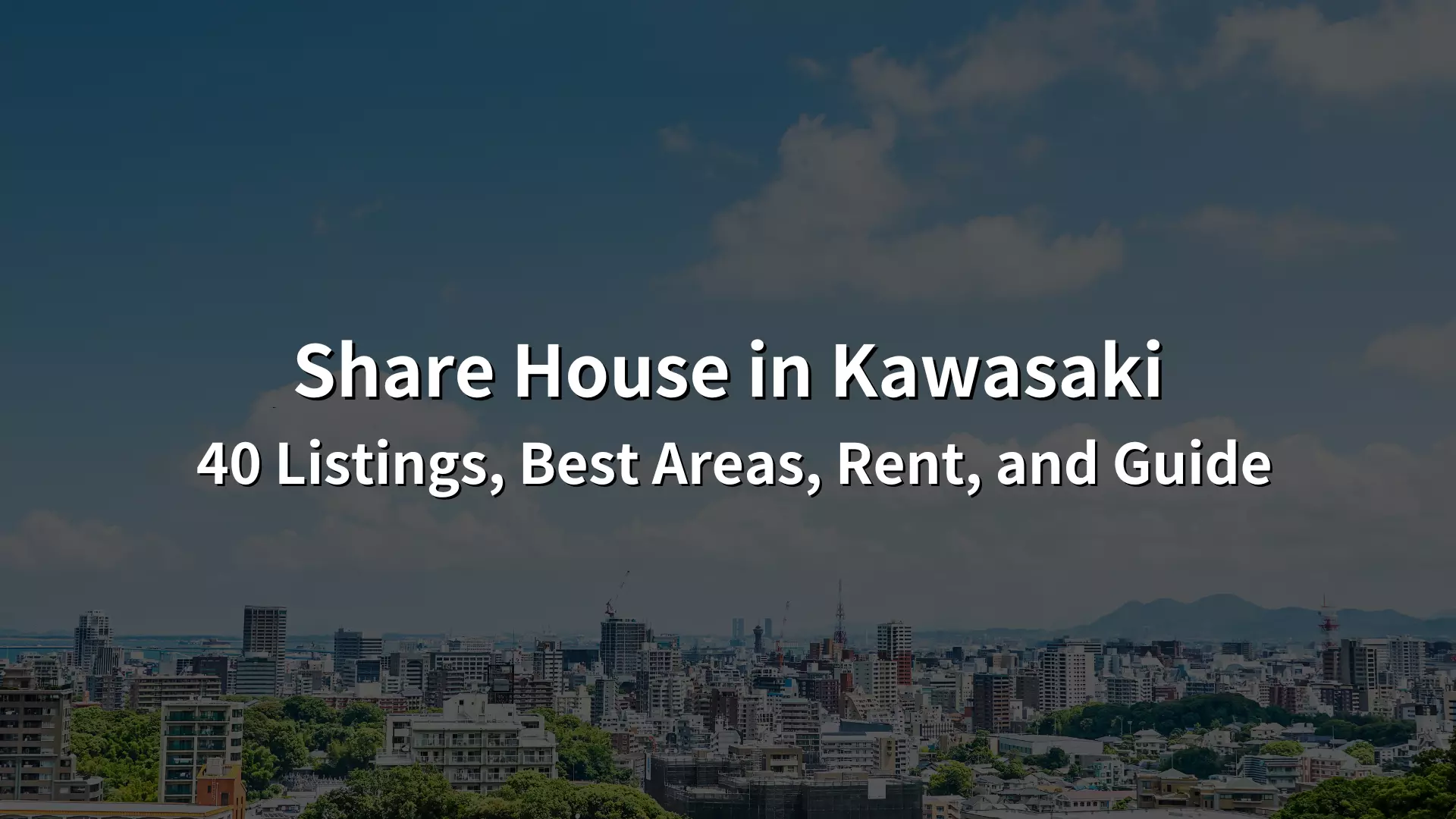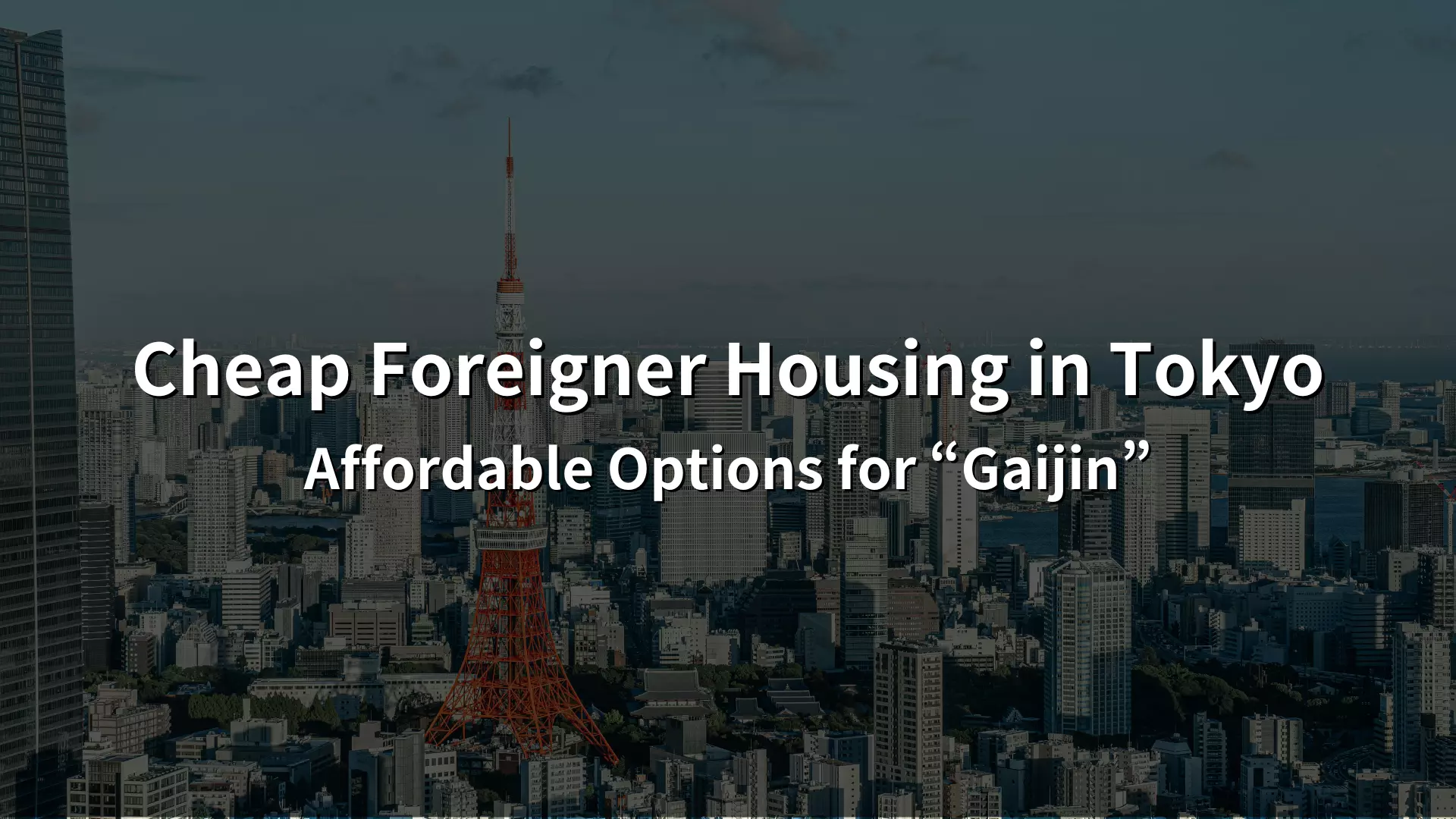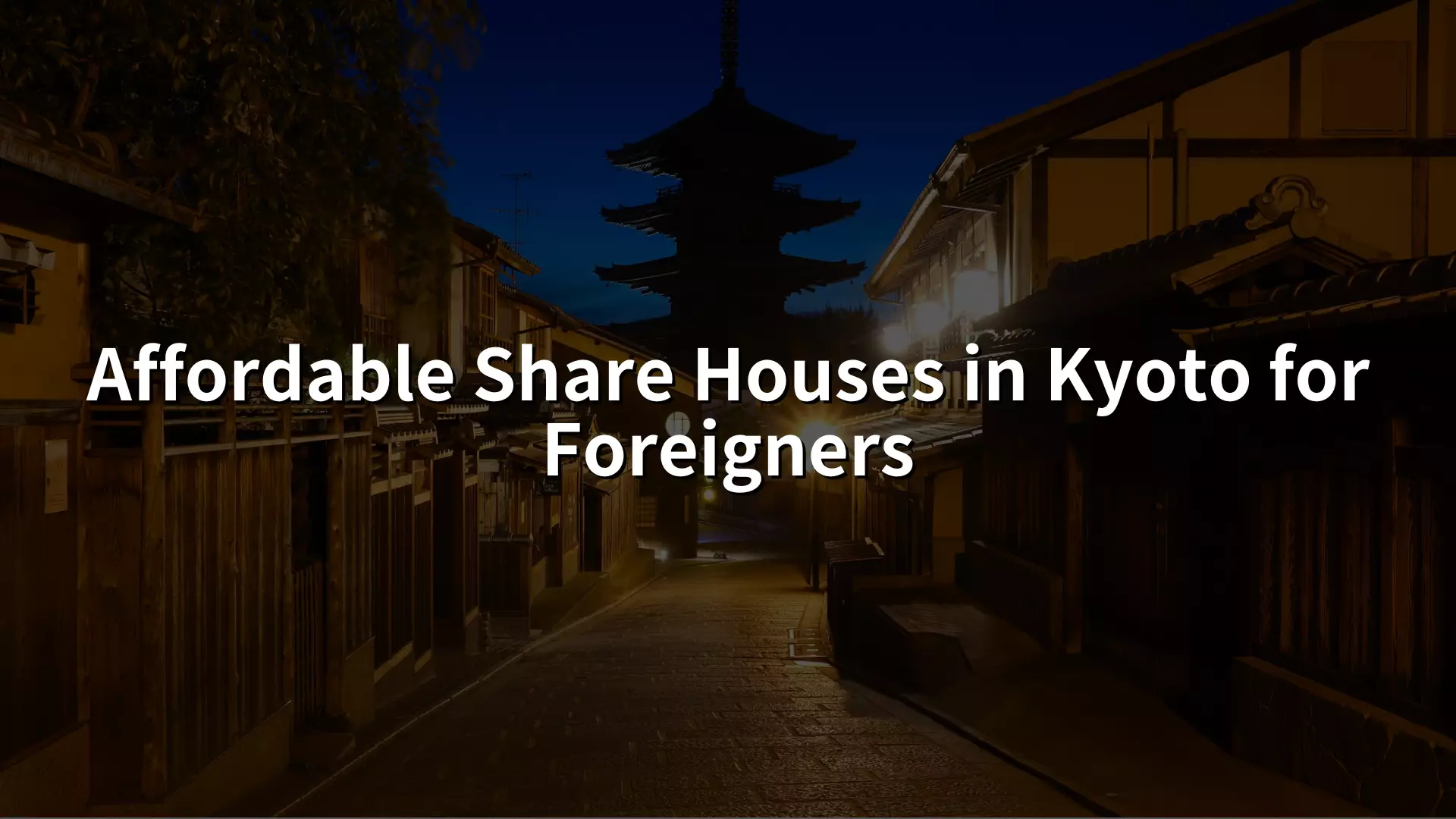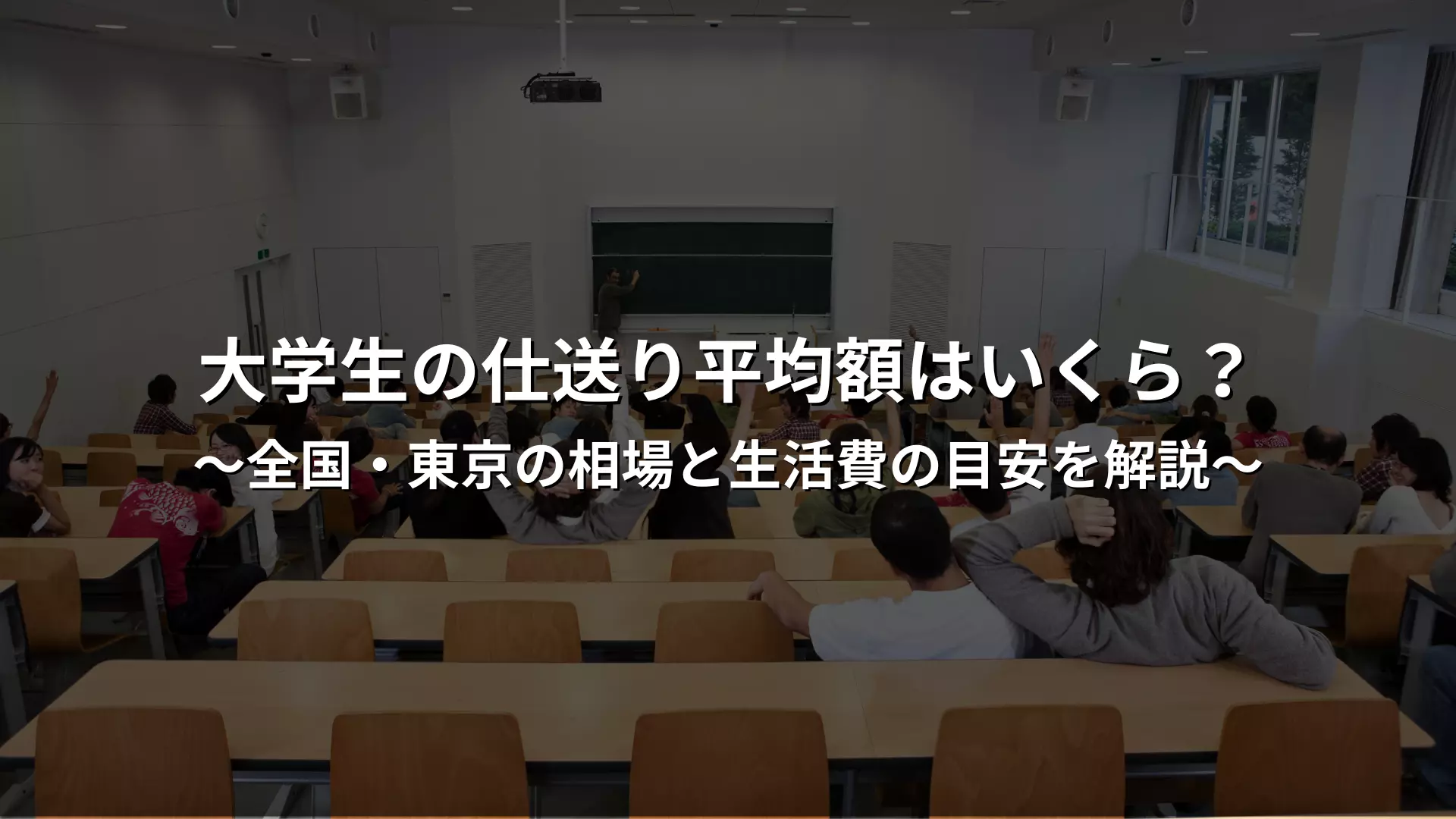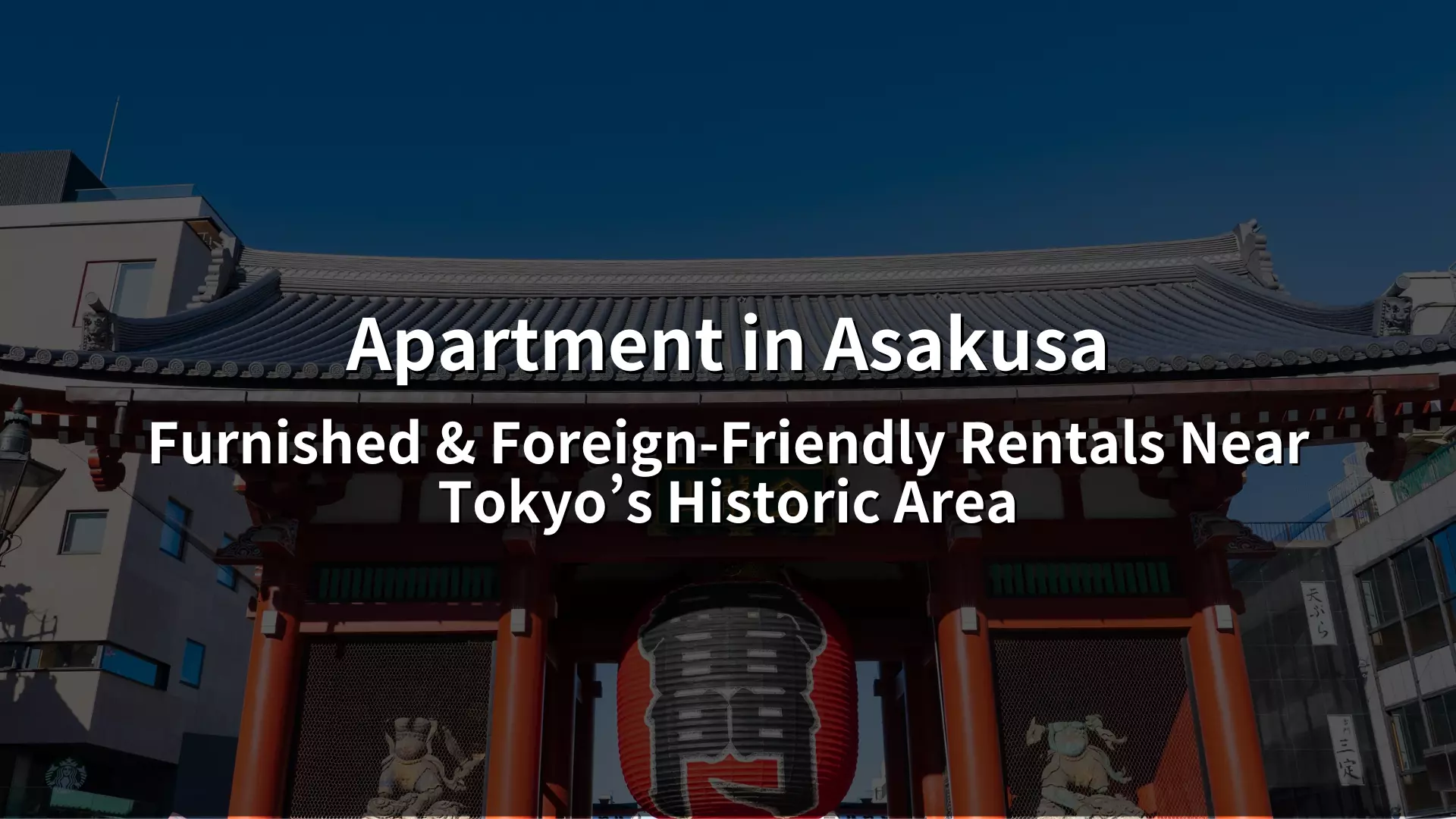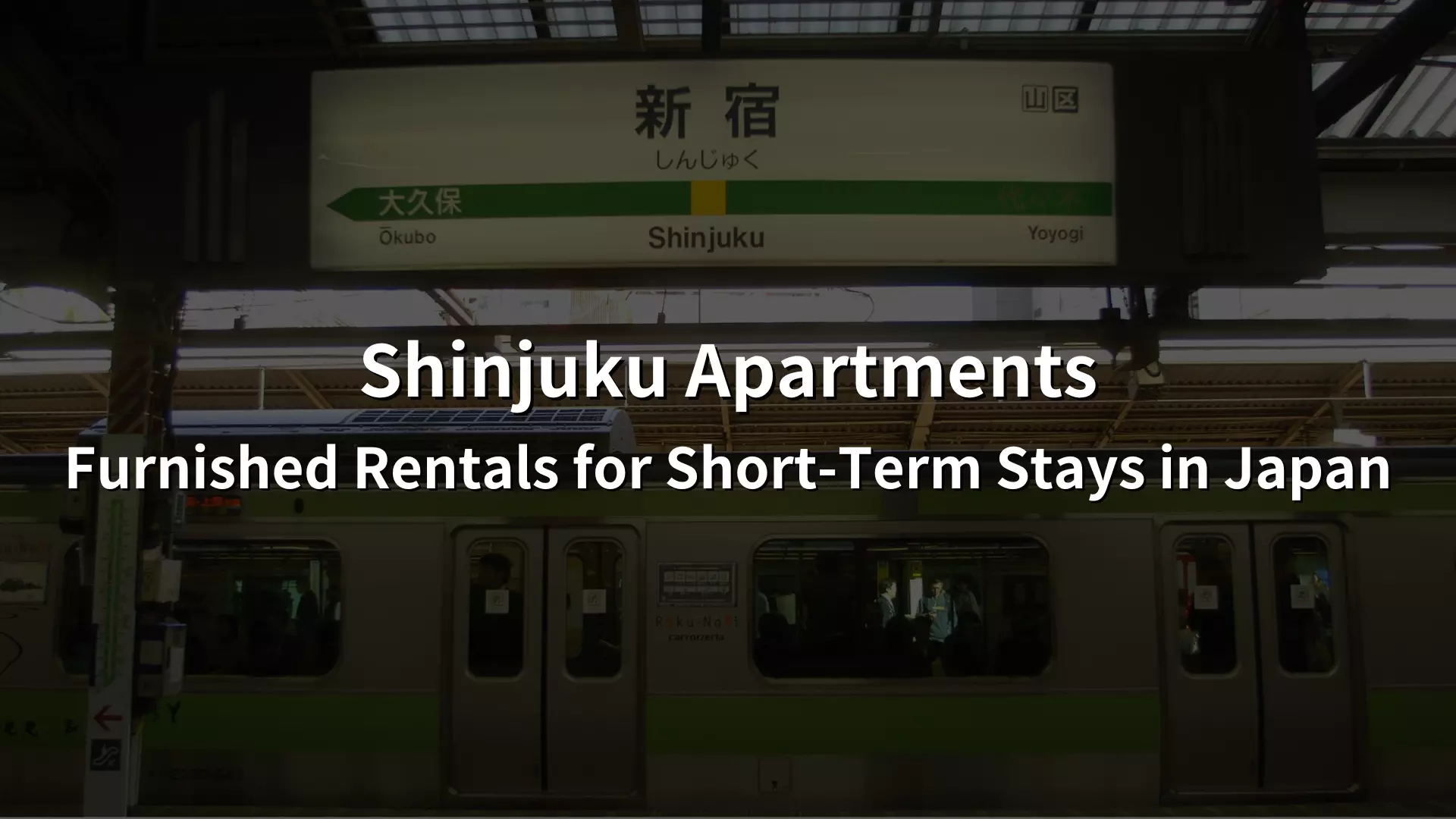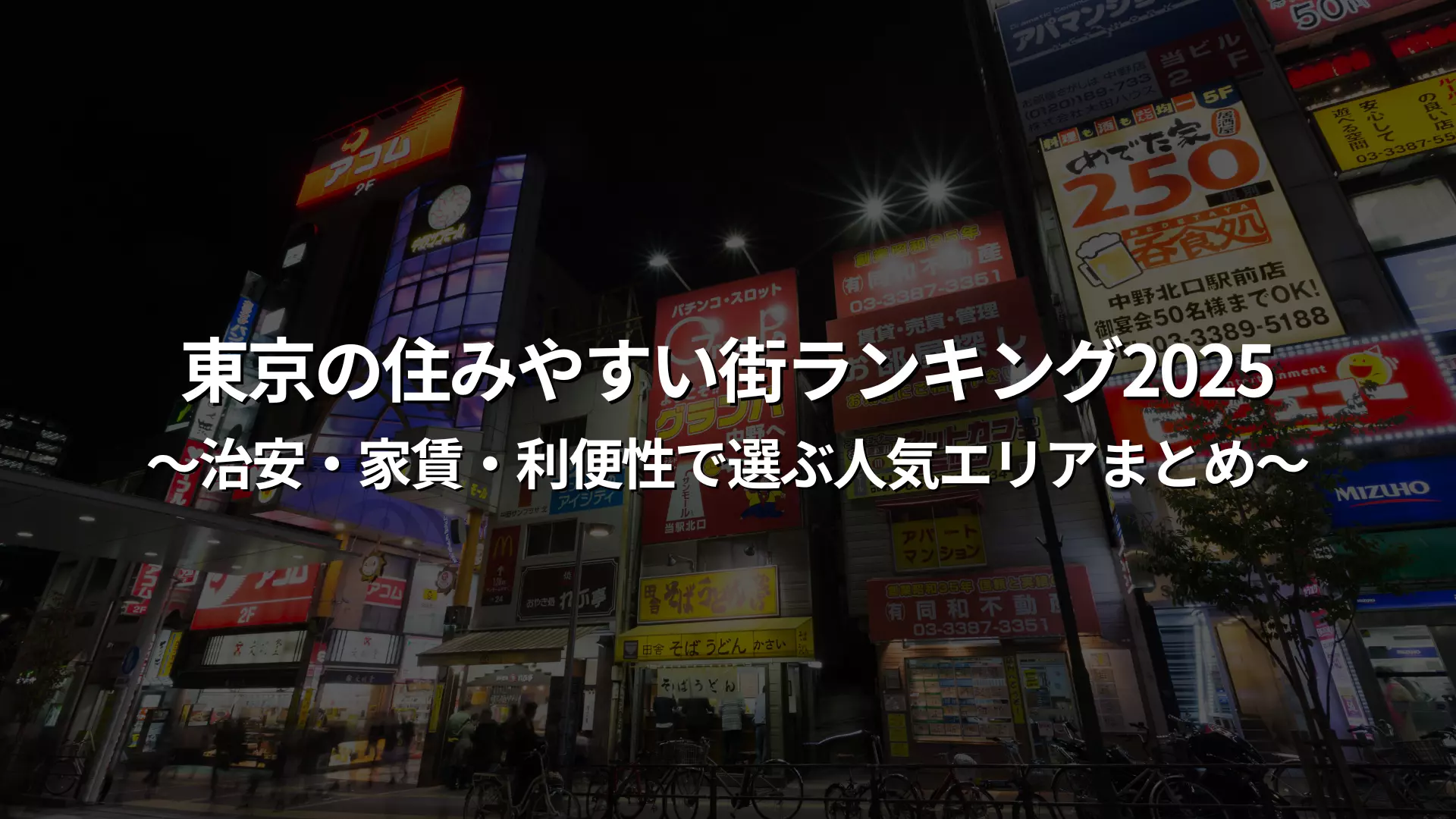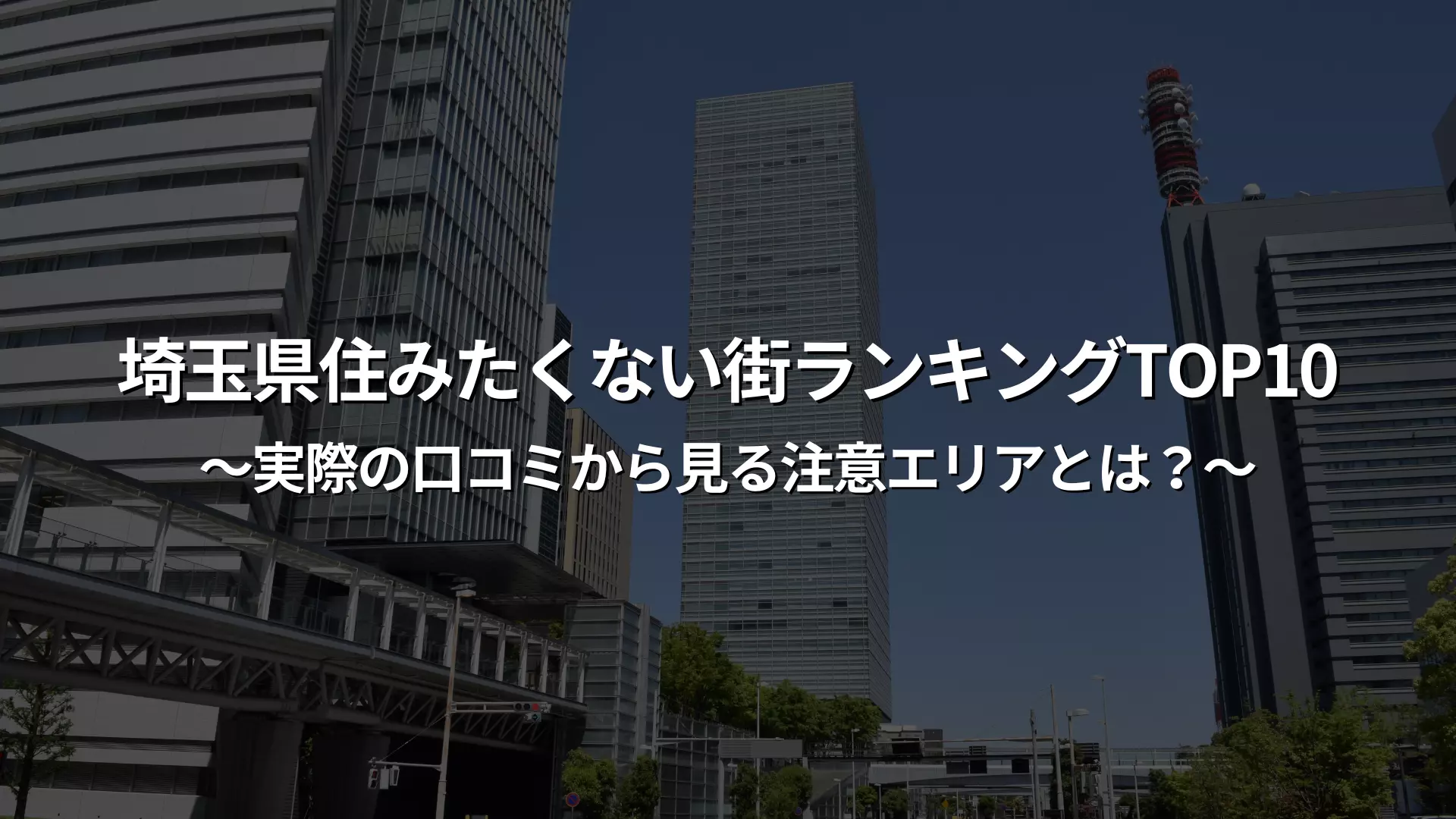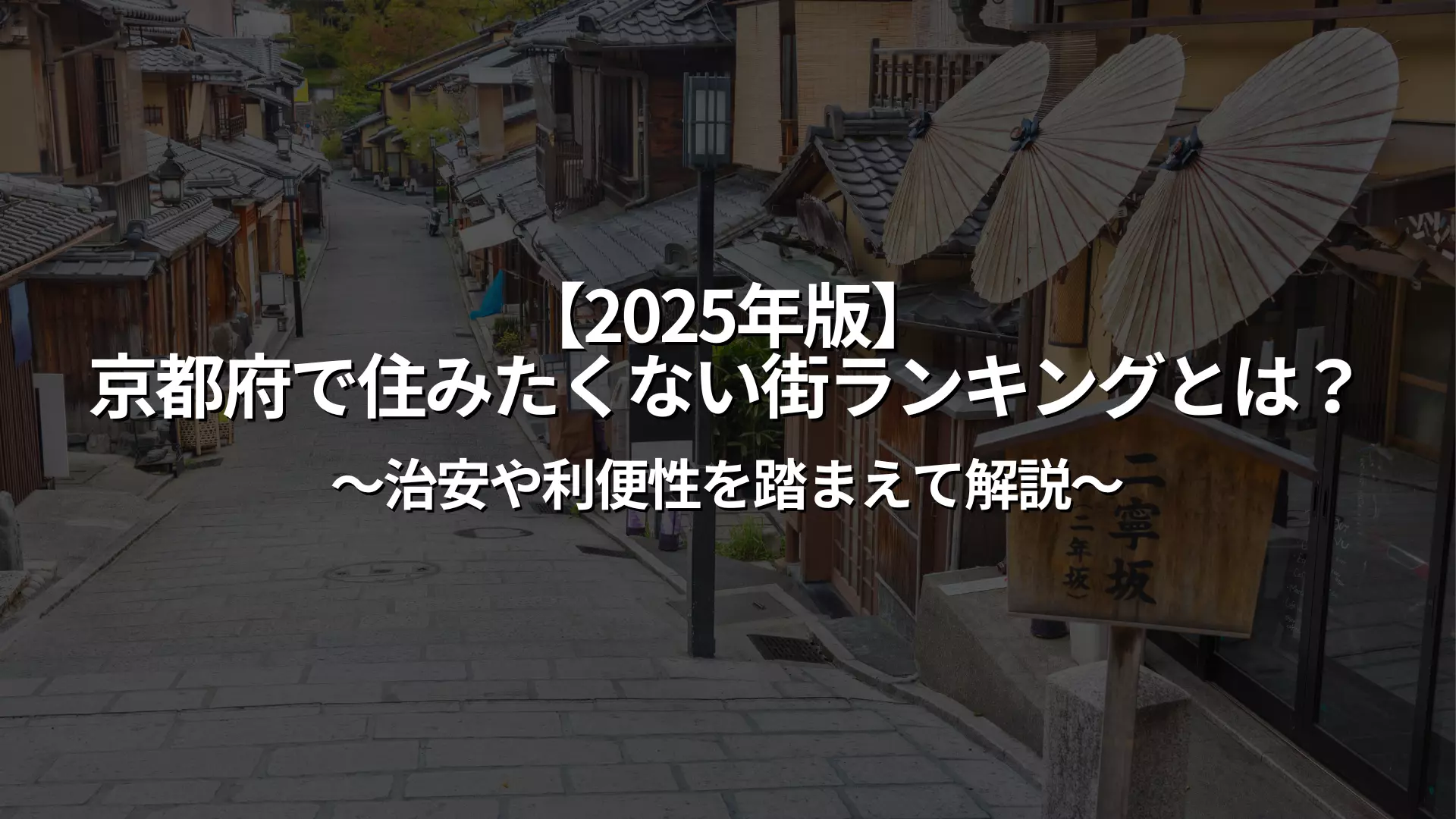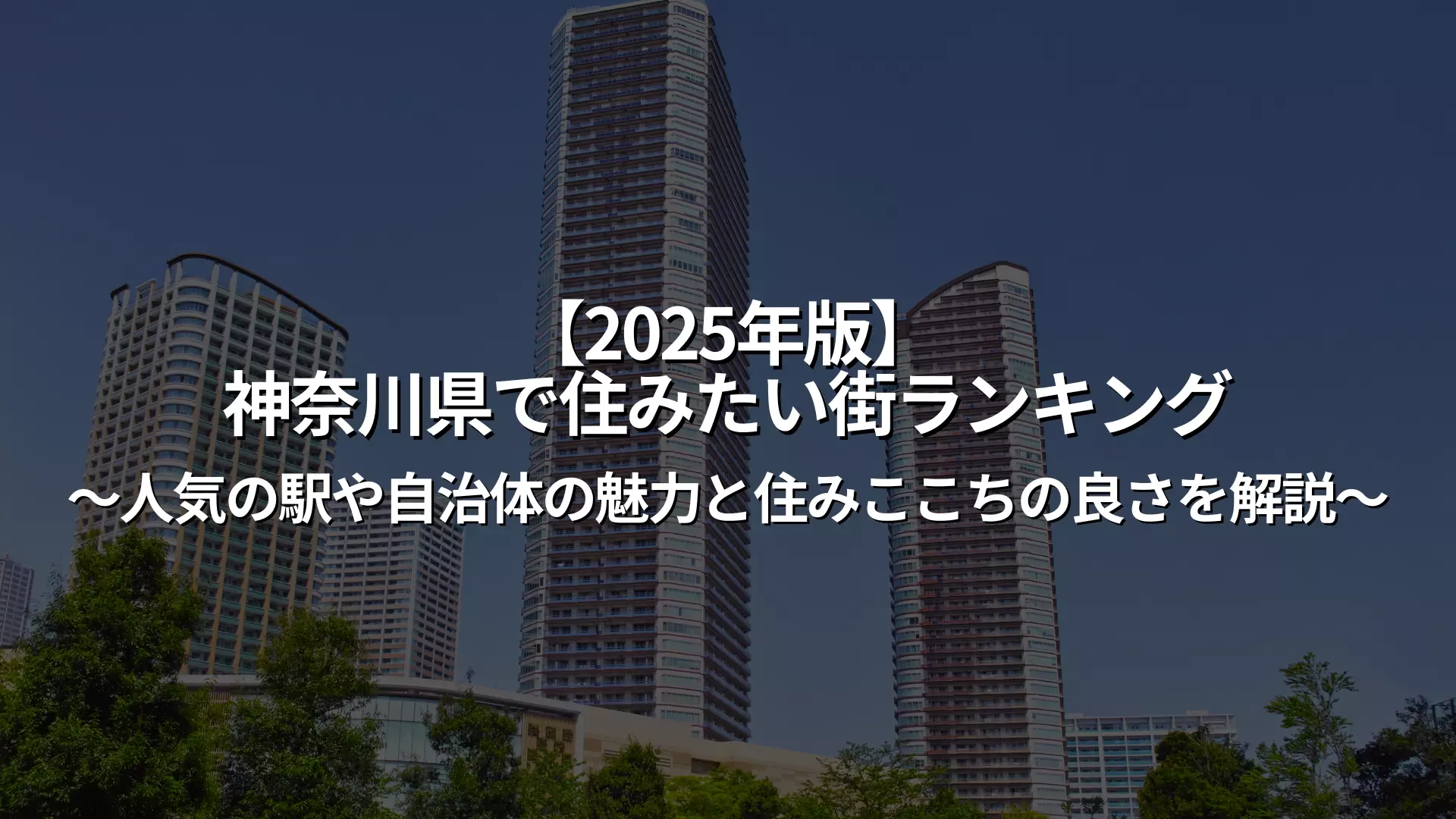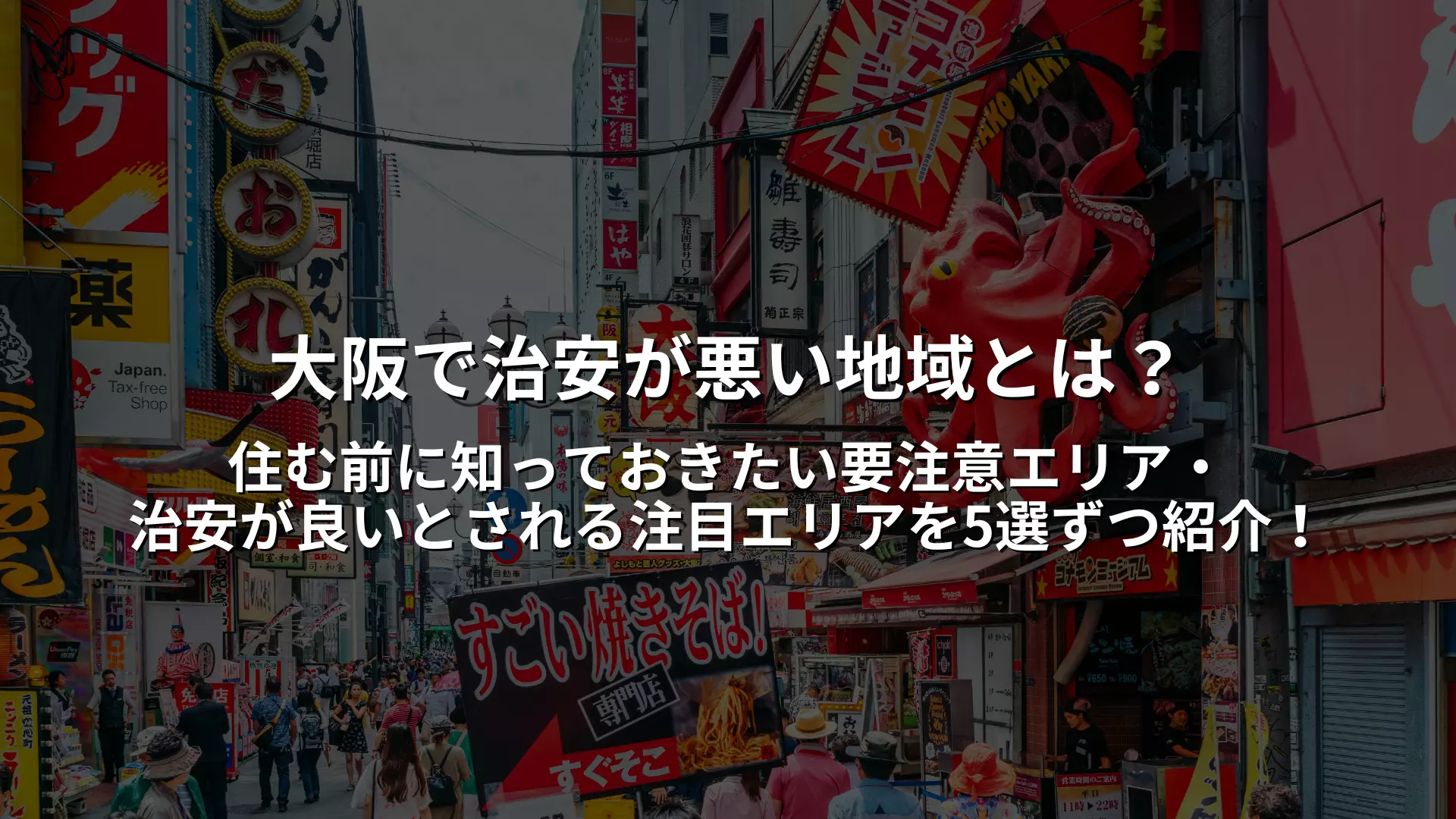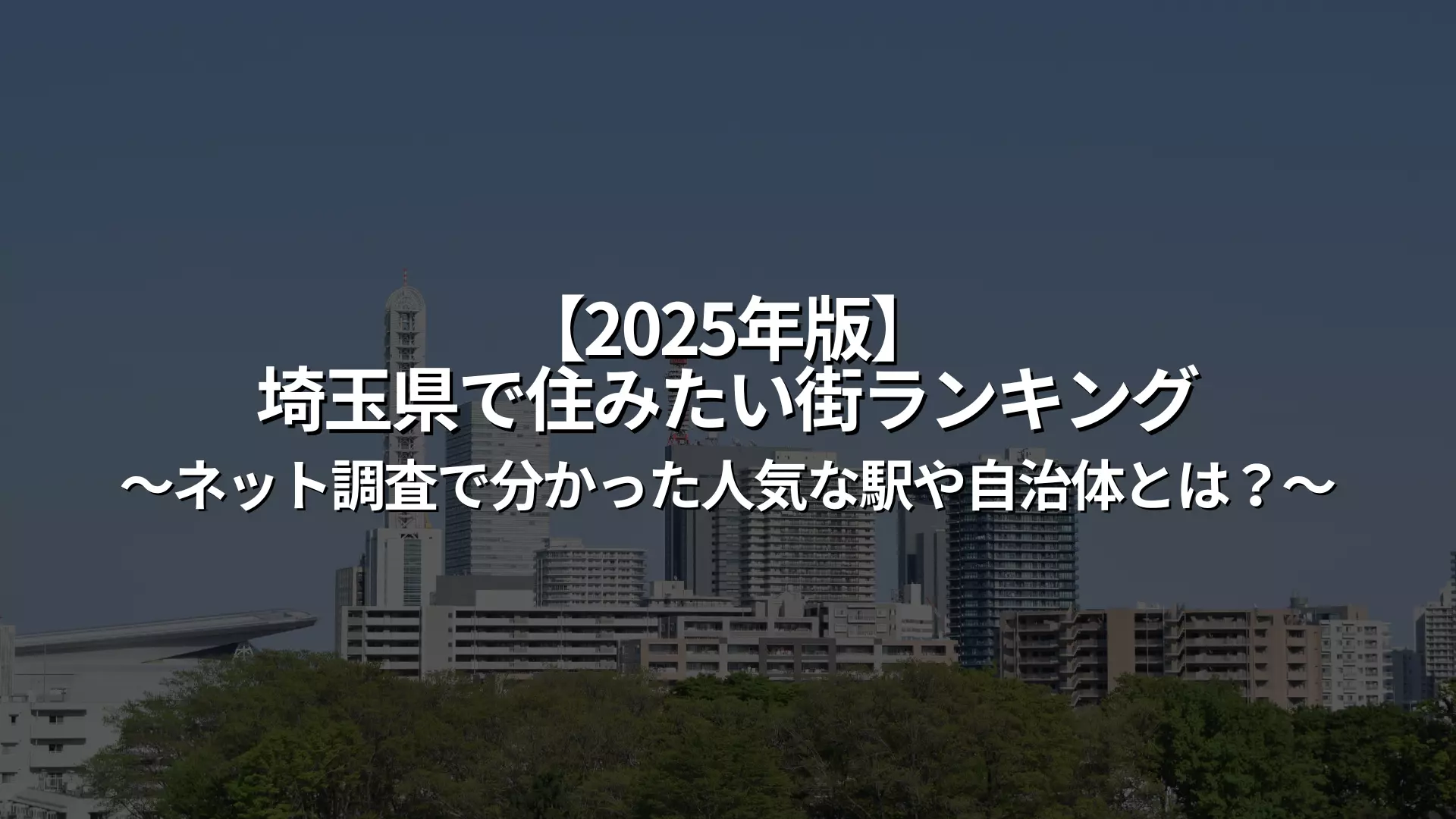Is it really possible to live alone on a monthly salary of 140,000 yen?
Living alone on a monthly salary of 140,000 yen is possible, depending on your area and lifestyle. However, it will require a lot of saving and ingenuity.
Especially in urban areas, rent is high and you have to control your spending to survive. However, rent can be kept low in rural areas and suburban areas, so it is possible to live comfortably.
The important thing is to correctly understand your income and expenditure, reduce waste, and minimize living costs. By reviewing your expenses, such as rent, food, utilities, and communication costs, you can maintain your quality of life. In the next chapter, we will first take a closer look at the income of "140,000 yen after tax."
What is a take-home pay of 140,000 yen? (Explanation of the difference from the face value)
"140,000 yen net" refers to the amount you can actually receive after deducting deductions such as taxes and social insurance premiums.
For example, even if your monthly salary (gross amount) is 170,000 to 180,000 yen, after deductions for health insurance, employee pension insurance, employment insurance, resident tax, etc., it is common that you end up with only 140,000 yen. Many people, especially new graduates and non-regular employees, and in some areas, start out on this amount, so it is important not to misunderstand at first that "take-home pay" means the amount you can spend freely.
By correctly understanding your actual income, you will be able to manage your household finances and choose properties from a realistic perspective.
Monthly expenditure items required for a single person living on a take-home pay of 140,000 yen
If you live alone on a monthly take-home pay of 140,000 yen, it is important to balance your expenses.
First, rent will take up a large portion of your income, and ideally it should be less than one-third of your income, or about 40,000 to 45,000 yen. Next, food will be about 20,000 to 30,000 yen, utilities will be around 10,000 yen, communication fees will be 5,000 to 10,000 yen, and daily necessities and transportation costs will total about 10,000 yen per month. Also, you'll want to set aside 5,000 to 10,000 yen each month so you can save even a small amount in case of unexpected expenses.
Understanding your major expenditure items and guidelines like this will make it easier to plan your lifestyle. In the next chapter, we will introduce a detailed simulation of living expenses by rent.
What is the ideal rent? Places and conditions for living for 40,000 yen or 50,000 yen
If you live alone with a take-home pay of 140,000 yen, the guideline is that your rent should be "less than one-third of your income." In other words, the ideal rent is in the 40,000 yen range, and a realistic upper limit of around 50,000 yen. Keeping your rent low is directly linked to a stable life, so you need to be creative in choosing the area and property.
For example, even in urban areas, if you are far from the station or if the property is old, you may be able to find a room for around 40,000 yen. Also, if you look in rural or suburban areas, you will have more room to choose a property with better conditions. On the other hand, if you want to live in a property that costs more than 50,000 yen, you should be careful because you will have to significantly cut back on other expenses.
Next, let's take a look at the types of rooms available and living conditions in each rent range.
Areas and properties where rent is in the 40,000 yen range
Properties with rent in the 40,000 yen range can often be found in the suburbs of cities and in regional cities.
Even in big metropolitan areas such as Tokyo and Osaka, if you choose a property located more than 15 minutes' walk from the station or that is more than 20 years old, you may be able to rent for around 40,000 yen. Properties in this price range may not have separate bathrooms and toilets in one-room or studio apartments, but you may also be able to find renovated properties or well-equipped bargains.
Additionally, by choosing a property with no deposit or key money, you can keep initial costs down, and if it is gas-compatible, you can also save on utility costs. If you are looking to save money, this price range is the most balanced option.
How difficult is it to live on a rent of around 50,000 yen?
If your rent is in the 50,000 yen range, it will take up more than 35% of your take-home pay of 140,000 yen, which will put a huge strain on your entire life.
The remaining 90,000 yen needs to cover everything from food to utilities, communication costs, daily necessities, transportation, and entertainment, so it requires very strict household management.
This is an attractive option for those who want to live in a convenient area in a city, or who value facilities such as separate bathrooms and toilets and soundproofing, but you may have to drastically cut back on food expenses or supplement your income with a side job. Especially when you consider unexpected expenses and savings, you may not have much room for maneuver.
It is important to carefully consider the trade-off with convenience and make a decision.
Search for a room
Only furnished properties with appliances are listed!
Simulation of living expenses with a take-home pay of 140,000 yen
To live alone on a monthly salary of 140,000 yen, you need to strictly manage your living expenses, including rent. In particular, the rent you set can have a big impact on your level of comfort and risk of going into the red.
Here, we will divide the rent into three scenarios - 40,000 yen, 50,000 yen, and 60,000 yen or more - and simulate the breakdown of living expenses and feasibility for each.
By determining the rent setting that suits your lifestyle, you can realize a sustainable life on your own without any difficulty. First, let's look at the most realistic rent of 40,000 yen.
Breakdown of living expenses when rent is 40,000 yen
If you can keep your rent to 40,000 yen on a monthly take-home pay of 140,000 yen, you can manage to live on the remaining 100,000 yen, allowing you to live a relatively stable life.
Estimated main expenses
- Food expenses: 20,000 yen
- Utility bills: 10,000 yen
- Communication fee: 7,000 yen
- Daily necessities and miscellaneous expenses: 10,000 yen
- Transportation fee: 5,000 yen
- Entertainment expenses: 5,000 yen
With this setup, you can save about 5,000 to 10,000 yen a month. The appeal of this plan is that you can still have some leeway while still being conscious of saving money, and it is a realistic plan, especially for those who live in rural areas or suburban areas and can keep their rent low. If you get into the habit of cooking your own meals and avoiding wasteful spending, you will be able to continue this plan without any difficulty.
Breakdown of living expenses when rent is 50,000 yen
If your rent is 50,000 yen, you will need 90,000 yen of your take-home pay of 140,000 yen to cover living expenses.
Estimated main expenses
- Food expenses: 20,000 yen
- Utility bills: 10,000 yen
- Communication fee: 8,000 yen
- Daily necessities and miscellaneous expenses: 8,000 yen
- Transportation fee: 5,000 yen
- Entertainment expenses: 3,000 yen
A very tight budget is required. There is little room for savings, and if unexpected expenses occur, there is a risk of going into the red. Instead of setting the rent high to prioritize living environment and convenience, you will need to carefully manage your monthly expenses and have the skill to save money. Although it is possible, there is little room for savings, so this lifestyle is for people with some experience in saving.
What happens if the rent is over 60,000 yen? Checking the red line
If rent exceeds 60,000 yen, housing costs will take up about 43% of your take-home pay of 140,000 yen, putting a big strain on your entire life. You will end up living on just 80,000 yen.
Estimated main expenses
- Food expenses: 20,000 yen
- Utility bills: 10,000 yen
- Communication fee: 8,000 yen
- Daily necessities and miscellaneous expenses: 7,000 yen
- Transportation fee: 5,000 yen
- Entertainment expenses: 3,000 yen
Even with these assumptions, you will be living on the edge. Saving money will be difficult, and any unexpected expenses will quickly put you in the red. Furthermore, you will not have the luxury of dealing with emergencies such as moving or illness, which will increase psychological stress. Even if the property is convenient and relatively new, you should recognize that a rent of over 60,000 yen is the "red line at which it becomes difficult to continue living alone."
What kind of property can I live in? Tips for choosing a property
The key to living alone successfully on a monthly salary of 140,000 yen is to choose a property where you can live comfortably while keeping the rent low. In particular, properties with rent in the 40,000 yen range are worth paying attention to. To find a property within your budget, it is important to select the area, age of the building, location, and other factors.
For example, even if you live in the same city, you can get a lot cheaper rent by choosing a property that is a little further away from the city center or a 15-minute walk or more away. Also, even if the building is old, there are many properties that have been renovated and have a clean feel.
In addition, you can reduce your utility costs by choosing a property that uses city gas. Here, we will introduce examples of properties where you can actually live for around 40,000 yen in rent, divided into Tokyo and other regions.
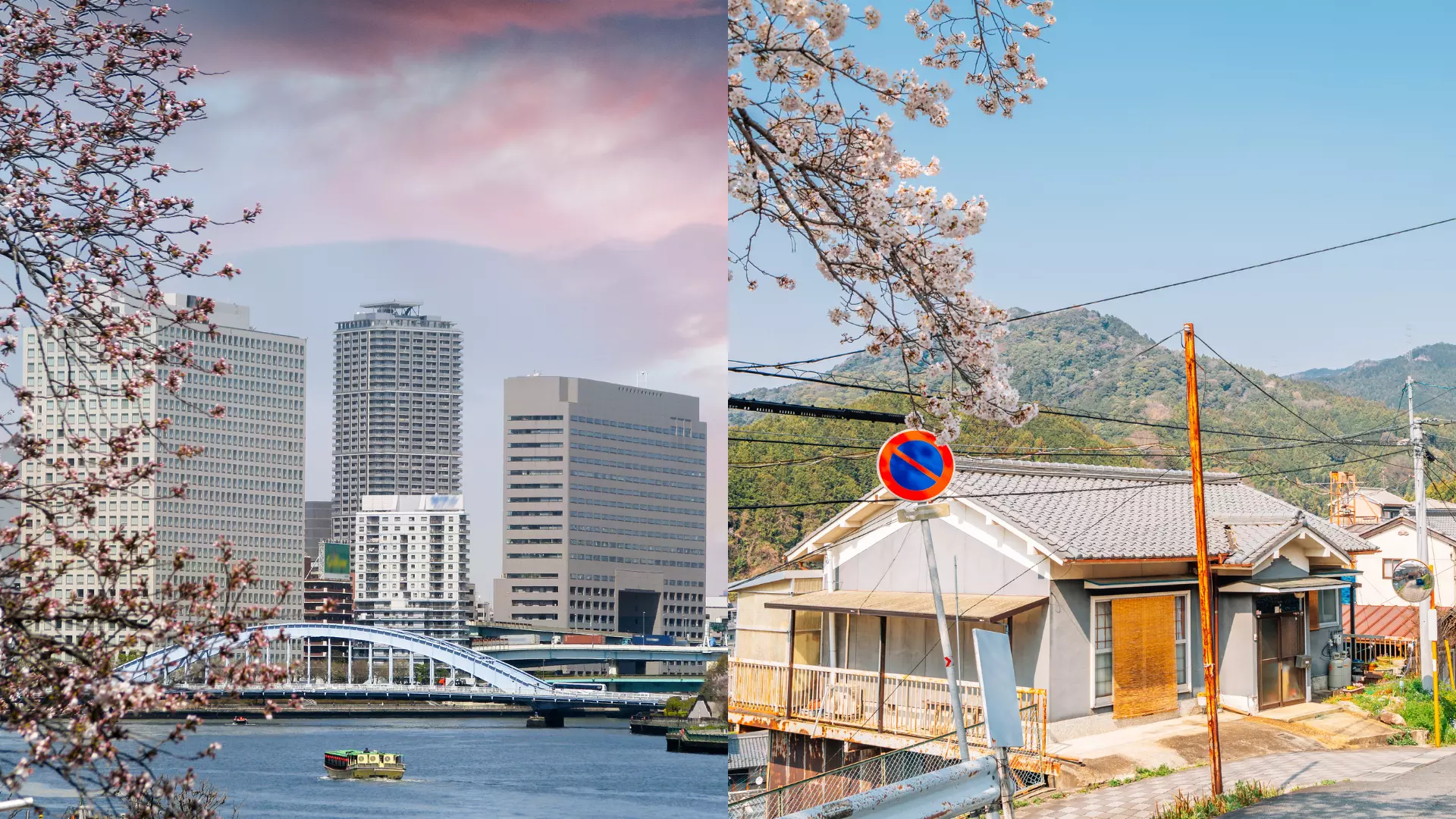
Examples of properties with rent of 40,000 yen (Tokyo and other regions)
[In the case of Tokyo]
If you look, you can find properties with rent in the 40,000 yen range even within Tokyo's 23 wards.
For example, in suburban areas such as Adachi Ward and Katsushika Ward, you can sometimes rent a studio or 1K apartment that is more than 20 years old for around 40,000 yen per month. The conditions are strict, such as being more than 15 minutes' walk from the station and having a combined bathroom and toilet, but it is not unlivable.
You may also be able to combine convenience and comfort by considering shared houses and furnished properties.
[In rural areas]
On the other hand, in regional cities, you can find 1K, 1DK, and even 2DK properties with parking spaces for 40,000 yen a month.
If you go a little further from the station in Fukuoka, Sendai, Hiroshima, etc., you may be able to rent a new, well-equipped room for this budget. The cost of living in rural areas is generally cheaper, so it tends to be easier to live a comfortable life.
Search for a room
Only furnished properties with appliances are listed!
How to find a property with low rent
When living alone on a monthly salary of 140,000 yen, it is very important to keep the burden of rent low. In addition to lowering the rent itself, you can significantly reduce your monthly expenses by choosing a property with an awareness of the "total cost" including initial costs and utility fees.
There are three key points to note.
- Choose a property with low initial costs
- "Consider properties far from stations and older buildings."
- "Priority will be given to properties that are compatible with city gas."
There is a lot of competition for properties with good conditions, so the key is to gather information early and compare properties in multiple areas. Let's take a closer look at each of these points.
Properties with low initial costs
When signing a contract for a property, it is important not to overlook the "initial costs" that are required in addition to the rent. For properties that require a deposit and key money equivalent to one to two months' rent, even a rent of 40,000 yen can become a burden of more than 100,000 yen. That's why you should pay attention to properties with "zero deposit and key money" and "no brokerage fees."
Furthermore, if the property comes with free rent (the first month free), you can also reduce your expenses after moving in. Properties with low initial costs like these lower the hurdles of moving in, so even those with little savings can start living alone without difficulty.
It is also recommended to narrow down your search criteria on a real estate portal site or use a management company that allows you to pay the initial costs in installments.
Properties outside walking distance of the station or older buildings
Naturally, properties that are conveniently located near stations or that are relatively new tend to have higher rents. On the other hand, properties that are more than 15 minutes' walk from the station or that are older than 20 years old often have significantly lower rents, even if they have the same size and facilities.
For example, even if you are in an area about 30 minutes by train from the city center, it is easier to find a property with a rent of around 40,000 yen if you are further away from the station. Also, even if the building is old, there are many rooms that have been renovated and are comfortable to live in, making them a good target. By broadening your search criteria, you will have more room to lower the rent, allowing you to achieve the lifestyle that suits you while keeping your living costs down.
Reasons for choosing a property with city gas
Although it is often overlooked, the type of gas used is one factor that greatly affects living expenses. In urban areas, the two most common types of gas are "propane gas (LP gas)" and "city gas," but city gas has a lower price, with the difference sometimes being more than 1,000 to 2,000 yen per month.
For people who use a lot of gas, especially in the winter, this could result in savings of over 10,000 yen per year. Although properties that support city gas are popular, it is well worth choosing in the long run. When looking at property information, be sure to check whether "city gas" is listed, and compare properties based on the total cost, including utility fees.
How can you live comfortably even with a monthly take-home pay of 140,000 yen?
Even if your take-home pay is 140,000 yen, if you find a lifestyle that suits you, it is possible to live comfortably without straining yourself. It is important not only to save on living expenses, but also to have peace of mind and a sense of security for the future. Don't just put up with it and think, "I can't help it because I don't have money," but find a balance that suits you.
Here we will introduce practical options, including how to maintain mental and financial balance, options for side jobs and increasing income, comparisons with living at home with your parents, and living in a shared house, among other options.
A balance between mental and financial oversight
The key to continuing a frugal lifestyle is to "not try too hard."
If you continue to live a life of cooking for yourself every day, not eating out, and thoroughly cutting down on utility bills, you will easily become mentally exhausted and will not be able to continue for long. Sometimes it is necessary to take a break and "reward spending," such as buying your favorite sweets at a convenience store or going out to eat with friends.
Also, instead of trying to save money on everything, you can find a hobby that doesn't cost money and find ways to enjoy your time alone to maintain peace of mind. Because your income is low, the key is to think about how to create wealth that isn't tied down solely to money.
Options for side jobs and increased income
If you feel that your take-home pay of 140,000 yen is limited, it may be an effective idea to consider taking on a side job or increasing your income.
For example, you can earn tens of thousands of yen a month by working from home in your spare time (writing, data entry, etc.) or by working part-time on your days off. Recently, there are more and more side jobs that you can start even if you don't have any skills, using services such as CrowdWorks and Coconala.
In addition, in many cases, obtaining qualifications leads to a raise or changing jobs, so it is important to act with an eye toward increasing your future income. By thinking about "reducing expenses" and "increasing income" at the same time, you can build a more stable foundation for your life.
Comparison with parents' homes and cases of people with support
If you feel that living alone on a monthly salary of 140,000 yen is difficult, it may be worth considering the option of living with your parents. In particular, if you are in an environment where your family can support you with rent and food costs, it is wise to use this time to save for the future and improve your skills rather than forcing yourself to become independent.
In addition, if you have money sent by your parents or a housing allowance from your company, the burden of living will be greatly reduced. There is an image that living alone means being independent, but choosing a lifestyle that suits your means is also a good decision.
If you can get support from those around you, make use of it and explore the lifestyle that is best for you.
Share house options
Shared houses are a practical option for those who want to keep their rent and utility costs down. By using a shared kitchen, living room, and bathroom, monthly fixed costs are often lower than living alone, and even in Tokyo there are properties available for as little as 40,000 yen per month.
Another benefit is that many properties come with furniture and appliances, so you can keep your initial costs down. In addition, interacting with others can help ease feelings of loneliness and improve your mental stability.
Although there are issues with daily routines and privacy, shared houses are a popular way of living both in terms of cost and human relationships.
Search for a room
Only furnished properties with appliances are listed!
Learn from real opinions and testimonials
The real voices of people living alone on a monthly take-home pay of 140,000 yen are packed with all kinds of information, from life hacks and hardships to success stories.
- I'm worried about whether I can actually live
- I want to know how you're saving money
- Can you really do this?
These are some of the questions we get asked a lot. Here, we introduce the experiences of people who are actually living alone, and share what they have learned through their successes and failures, to provide hints for those about to start living alone.
Testimonials and comments from people who actually live alone on a monthly salary of 140,000 yen
We collected the opinions of people who actually live alone on a monthly take-home pay of 140,000 yen.
- "I live in a property in Tokyo with a rent of 42,000 yen, but to be honest, it's just barely enough."
- "If you cook your own meals and conserve electricity, you can manage."
We have received many comments like this.
on the other hand,
- "Once I started recording my monthly living expenses, I was able to reduce wasteful spending and feel more confident about how I spend my money."
There were some positive experiences like this one.
In particular, many people have overcome their problems by "managing their expenses" and "reviewing their lifestyle."
In addition, some people who work for companies that offer rent subsidies have said, "I was able to effectively keep my rent below 20,000 yen, so I have more money to spend," so it's important to make use of support systems. The voices of people who are actually living a normal life are very helpful when thinking about your future lifestyle.
Comments like, "I'm lonely because I've saved too much..." and "I'm glad I tried it!"
While some people say things like, "I'm constantly trying to save money and it's tough every day," and "I have to give up eating out with friends and I feel lonelier," there are also more positive opinions, such as, "I can live at my own pace and my stress has decreased," and "I've realized the importance of having time alone."
Living frugally tends to mean a series of sacrifices, but people who manage to do it well tend to feel that it was worth it.
For example, many people say that their quality of life has improved by making efforts to spend their time fulfillingly without spending money, such as "using the library to resume my hobby of reading" or "starting a side job that I can do from home."
Even though there are times when you feel lonely, one of the great things about living alone is that you can create your own lifestyle.
summary
In conclusion, it is perfectly possible to live alone on a take-home pay of 140,000 yen. However, if you live an unplanned life, you may quickly go into the red, so it is essential to keep your living expenses under control, with the assumption that you will keep your rent to 40,000 to 50,000 yen.
By being creative, you can find a comfortable home, such as choosing a property with low initial costs, a property that supports city gas, or considering an older property a little further from the station. In addition, it is important to not only save money, but also to "increase your income" by taking on a side job or utilizing support systems. From actual experiences, we can see that many people are building a lifestyle that suits them by being creative.
The important thing is to "save without being too strict" and to choose a lifestyle that suits you. Make the best choice for your lifestyle and aim for a fulfilling life on your own without any stress.



